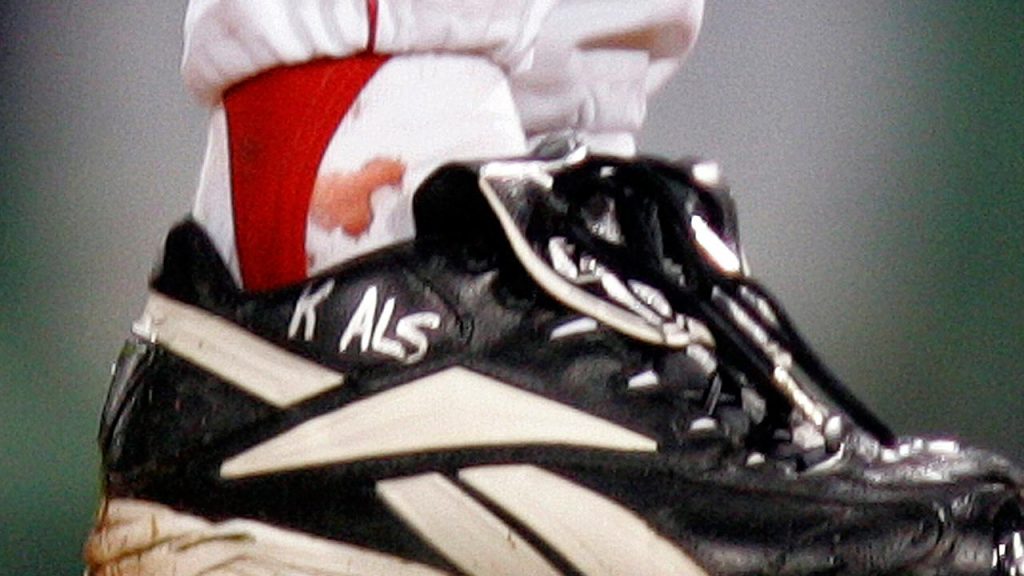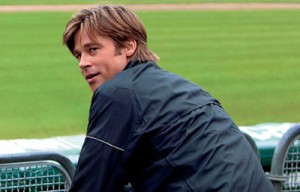
I write a baseball blog. Therefore, I am obligated to put in my 2 cents on Hall of Fame voting. And the new year is also the deadline for BBWAA voters to send in their real ballots for the Hall of Fame, so you see a glut of sportswriters publishing their ballots. Here’s more of the same from me.
How many years have I been doing this post? Basically as long as we’ve had the blog. Here’s (by class) 2020, 2019, 2018, 2017, 2016, 2015, 2014, 2013, 2012, 2011.
I know lots of people have lost faith in the Hall of Fame, are tired of reading analysis like this, etc etc. Fair enough; feel free to move on.
Here’s two key links for you, if you’re still reading.
- Baseball-Reference.com’s 2021 ballot class link
- Ryan Thibodaux‘s online tracker of all HoF votes
So, the 2021 class is … well its weak. With all due respect to the newly eligible candidates on the 2021 ballot, there’s not a single one hall-worthy. Several “hall of very good” players, but none transcendent. There was just one “major award” won between any of the newly eligible players, that being Barry Zito’s Cy Young award in 2002.
Nonetheless, here’s some quick thoughts on those that are on this ballot, in rough order of descending career bWAR/likelihood of getting 5% votes to stick around on the ballot.
New to the 2021 Ballot Candidates:
- Tim Hudson; highest JAWS of any of the 2021 new candidates, nearly the highest total career WAR. He certainly had enough time in the sun, playing for multiple playoff teams in his career (7 seasons pitching in the playoffs). Was frequently in Cy Young talks, but never really came close to winning one. Probably the best of this year’s class.
- Mark Buehrle: the Andy Pettitte of the 00s. Their career stats are eerily similar; if you support Pettitte, you support Buehrle. I think both guys were career #3 starters with occasionally amazing stuff.
- Torii Hunter had a surprisingly solid, quiet career. Great defender, great teammate. Not enough to make the hall.
- Dan Haren: hey, he pitched for the Nats! And he threw 88mph (his twitter account is https://twitter.com/ithrow88).
- Barry Zito: great early part of his career, forming the trio of amazing starters that Michael Lewis never once mentioned in Moneyball. Then became one of the worst-ever free agent contracts signed. 7 years, $126M. For that $126M he contributed a COMBINED 3.0 bWAR. Over 7 years. That’s $42M per WAR. Not the best legacy. Did win a Cy Young though.
- Aramis Ramirez: a long-time middle of the order dangerous bat for Chicago. Multiple 30hr/100 rbi seasons. Surprised he never got more press.
- Shane Victorino; we saw a lot of Victorino during the Philly golden years of the late 2000s. Solid player, that’s about it.
- A.J. Burnett: pitched for years, .500 career record, just kind of always there as a #2 or #3 starter. He made one All Star team in his entire career and it was his farewell season.
- Nick Swisher; the golden-child of the book Moneyball. Nice career.
- LaTroy Hawkins: no disrespect, but I don’t want to ever hear about another reliever until Billy Wagner is inducted.
- Michael Cuddyer; From Virginia! Part of a great history of players coming out of Great Bridge HS in Chesapeake over the past 20 years (also including Justin Upton, John Curtice and Connor Jones).
Returning Ballot Candidates
Here’s how I’d vote my imaginary ballot. Amazingly, i find myself struggling to get to 10 players.
- Yes on Roger Clemens, Barry Bonds, Curt Schilling, Manny Ramirez
- more tepid Yes on Scott Rolen, Andruw Jones
- Maybe it’s time to vote for Gary Sheffield, Billy Wagner, and Todd Helton
- Pass for now on Jeff Kent, Sammy Sosa, Andy Pettitte,
- No on Omar Vizquel, Bobby Abreu
Quick reasoning in order of the above:
- Clemens and Bonds are two of the best players ever to play, regardless of later-in-their-career PED transgressions (alleged or otherwise). You can cut both their careers off at the point where they both allegedly used and they’re still HoFamers. Vote them in and be done with it.
- Schilling may be abhorrent on social media, but he deserves the Hall based on his playing career. It does not go without saying though that it is completely reasonable for journalists to pass as a statement of protest at this point. If you want a full accounting of all the reprehensible stuff he’s spewed on social media lately, see Jay Jaffe‘s HoF post for a partial list. Its ridiculous. And frankly it makes me pause even putting his name here. Maybe its “putting your head in the sand” to support someone posting the vile crap he does … especially since he’s completely aware of what he posts and seemingly now does it for attention.
- Ramirez was perhaps the most feared RH hitter for a decade in this league and has career numbers that put him in the top 25 hitters ever to play. Again, less interested in PED transgressions at the end of his career than I am with the bulk of his accomplishments.
- Rolen is an interesting player whose value was much more about his defense than his offense. Interestingly the Hall has no problem electing top-end defensive short stops who couldn’t hit (see Ozzie Smith or Luis Aparicio) but seem to struggle when presented with an equally dominant defensive 3B who actually could hit. That’s Rolen to a t.
- Jones was, for the first 10 years of his career, discussed as perhaps being the second coming of Willie Mays before getting hurt and getting run out of the game by the time he was 35. Despite playing just 11 full seasons he had 434 career homers and 10 straight gold gloves in Center. I think voters have just forgotten how good he was. Keith Law had a great post at the Athletic this week about just why Jones is hall-worthy, an interesting analysis that was worth reading.
- Sheffield is a borderline candidate but was nearly as feared as Ramirez was at the plate. Has stronger PED usage allegations than others. He was, unfortunately, a “difficult” player to deal with both for club and media, which has probably led to his tepid support.
- Billy Wagner: has better numbers than nearly any other inducted reliever. If you have any relievers in the hall, you’d need to consider Wagner (and as long as we’re having that conversation, say hello to Tom Henke).
- Todd Helton was better than you remember. He had a season once where he hit .357 AND hit 42 homers. Just look past the fact that he was once arrested for DUI while buying lottery tickets. Lottery tickets! For a player who made $156M in his career.
Passing on and reasoning:
- Bobby Abreu: good but not transcendent. Frankly i;m amazed at the support he’s getting so far on the bbhof tracker.
- Jeff Kent is a polarizing figure, both while he played and on the ballot. He’s a borderline guy and his voting totals have indicated that.
- Sosa: too hard to make a case that he reinvented himself as a home run hitter completely thanks to artificial mechanisms. He was a 36–40 homer guy then he suddenly rips off seasons of 66, 63, 50 and 64. I will say though, i do “buy” his corked bat explanation once I read that the league confiscated all his other bats and found no other cork.
- Pettitte lead the league in wins in the 90s (much like Morris did in the 80s) but is recognized similarly to Mark Buehrle; a lefty 3rd or 4th starter for most of his career who stayed healthy and accumulated wins and strikeouts, but was rarely even the best hurler on his own team.
- Vizquel was a mediocre hitter who played forever and nearly got to 3,000 hits. He was a solid defender yes, but I’m kind of at a loss as to why voters are giving him so much credence while Rolon struggles.
